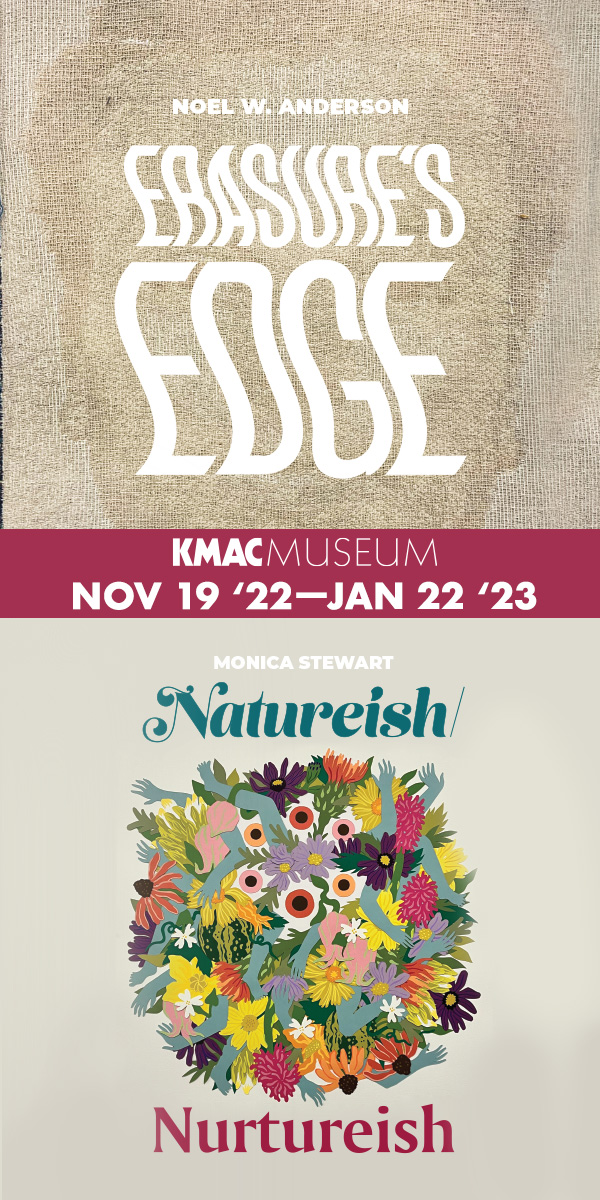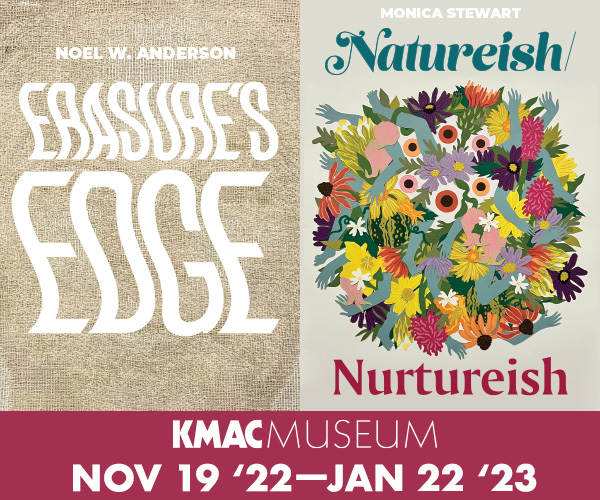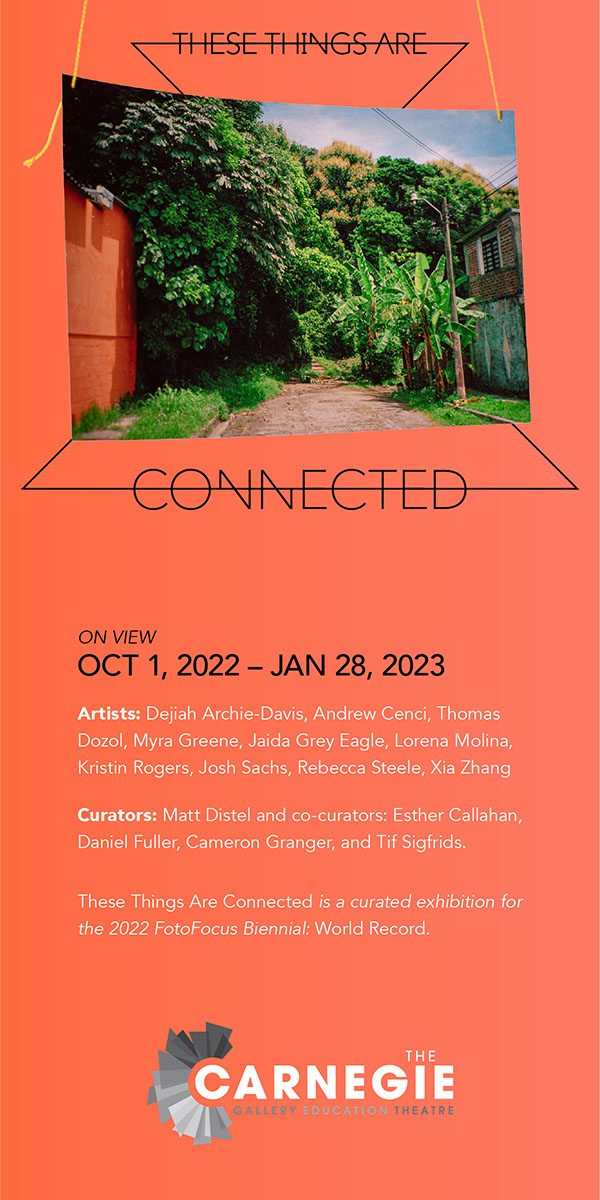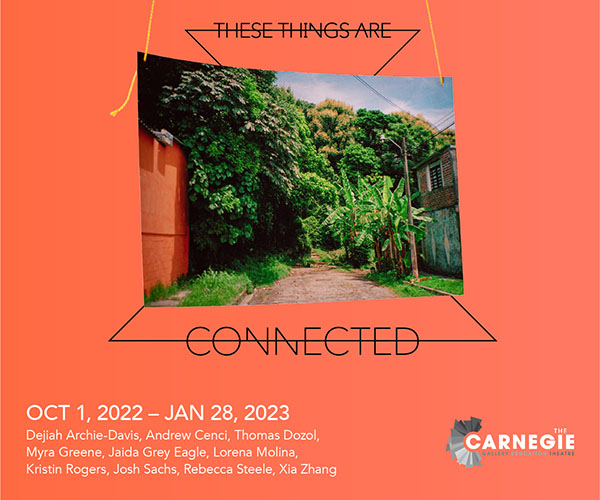In this era of Russian troll farms messing with our minds even as live, high-profile humans routinely bend the truth with impunity, how do we keep ourselves accurately informed? How is a person today to know when the news they are consuming is real and when it is contrived?Â
In an effort to help news consumers answer those questions, the Kentucky Center for Investigative Reporting (KyCIR) recently launched a series of “news literacy” workshops around the city of Louisville, Kentucky. “We’re trying to teach people how to view the news that they receive critically,” said KyCIR’s Kate Howard during a recent guest appearance on WEKU’s current affairs program, Eastern Standard.
“Part of that is looking for and identifying fake news articles that might trick them or have a viewpoint that it’s trying to convey,” Howard said. “And the other part of it just helping people become better consumers, view their news more critically and to figure out for themselves what makes a strong piece of journalism.”
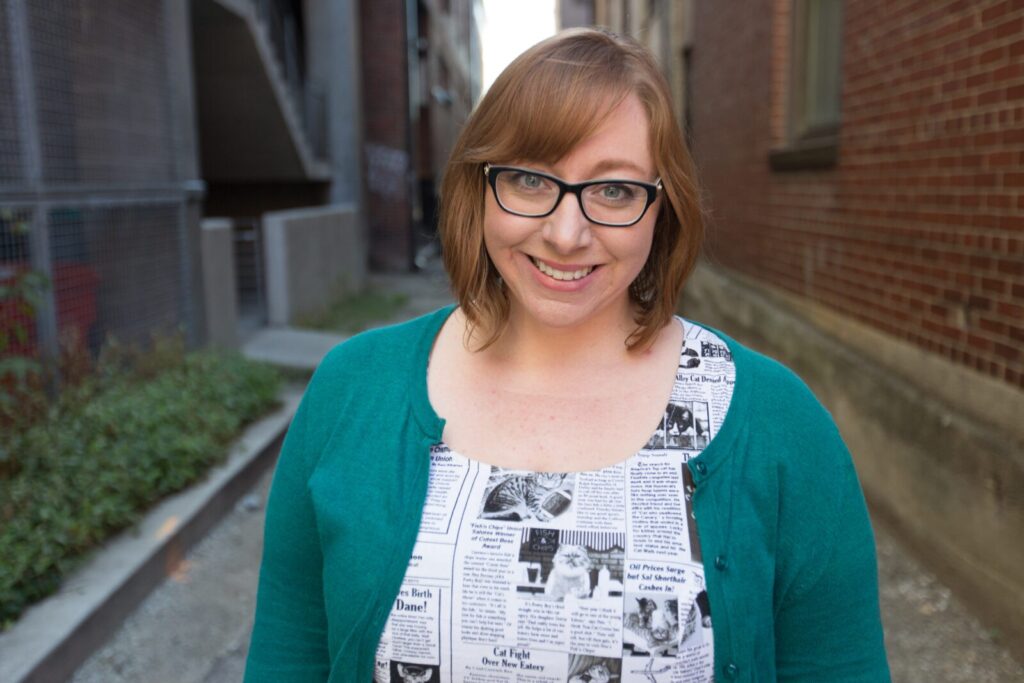
KyCIR has developed five questions to help news consumers determine whether or not a news story they’re reading, viewing or hearing is legitimate. Kate Howard shared them with us:
[aesop_document type=”pdf” src=”https://undermain.art/wp-content/uploads/2018/03/Better-News-Consumer-Flyer.pdf” caption=”CLICK HERE TO VIEW, PRINT AND DOWNLOAD KyCIR’S "FIVE QUESTIONS"”]
Listen to the entire Eastern Standard “News Literacy” edition. Additional guests include Tom Eblen, Lexington Herald-Leader columnist and president of the Bluegrass Chapter of the Society of Professional Journalists; Lewis Lapham, former editor of Harper’s and current editor of Lapham’s Quarterly and its special issue, A History of Fake News; Pulitzer Prize-winning investigative reporter Alan Miller, co-founder and CEO of the News Literacy Project; and, Brien Jennings, Library Media Specialist at Narragansett Elementary School in Rhode Island and author of a new Capstone children’s book series, “All About Media.â€

